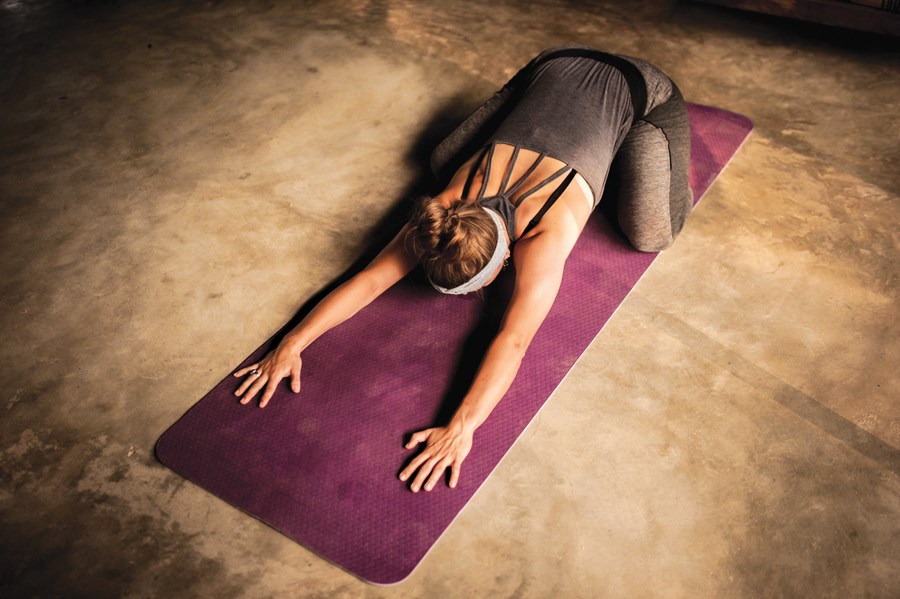Yoga and tai chi are ancient practices that have developed a place in Western culture. They are often called “mind-body” practices as both combine physical movement with the added awareness of the body “in the moment.” And there is accumulating scientific evidence that suggests these activities can help improve both physical and mental health.
Tai chi originated in China as a martial art. Sometimes called “meditation in motion,” tai chi combines elements of both a workout and meditation. It is a low-impact and aerobic exercise that consists of slow, balanced movements performed in sequence as sets – called forms. The key to doing tai chi is to learn controlled breathing and concentration to allow you to shift body weight and relax your muscles. As you move, you breathe deeply and naturally, focusing your attention on your bodily sensations, much like meditation.
The benefits of tai chi are both physical and mental. Perhaps the best-known benefit is tai chi’s ability to improve balance and coordination and to reduce falls. This is particularly important for older people for whom falls are especially worrying. There is research that tai chi may improve brain power including improving memory and learning. It has been shown to help with depression, anxiety and stress. There is also evidence that tai chi can help control pain and improve mobility for people with arthritis.
Yoga has been around for 5,000 years and comes in an array of styles that range from gentle stretching to vigorous practices. It not only burns calories and tones muscle, but yoga is also a total mind-body workout that combines strengthening and stretching poses with deep breathing and meditation or relaxation. There are many forms of yoga from the gentle and relaxing of Hatha, which combines a series of basic movements with breathing, to Power yoga, which is a faster, higher-intensity practice that builds muscle. All forms of yoga can help relax and focus while gaining flexibility and strength.
British researchers determined that yoga practices, especially the gentler forms (Hatha and Restorative) were associated with reductions in depression, pain and anxiety among adults with various chronic health conditions such as back pain, fibromyalgia and psychiatric disorders.
Studies have also shown yoga to benefit cancer patients. Yoga and other mind-body techniques were found to lower distress and improve overall quality of life specifically from improved sleep, less fatigue and lower levels of cortisol, the stress hormone.
Research has also linked yoga with reductions in pain for people with arthritis. Clinical trials published in 2015 described the improvements for people with several types of arthritis in the knee. For these people, an eight-week yoga program led to improved walking, more energy, less pain and better mood compared to a control group. These benefits lasted through nine months of follow-up.
That there is a link between mind and body is not exactly surprising, but it can often surprise us to discover how effective that link is when we examine the results of mind-body practices like yoga and tai chi. Think about it: could you benefit from a bit of yoga or tai chi?

